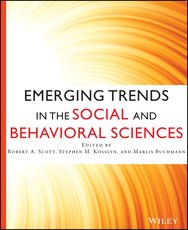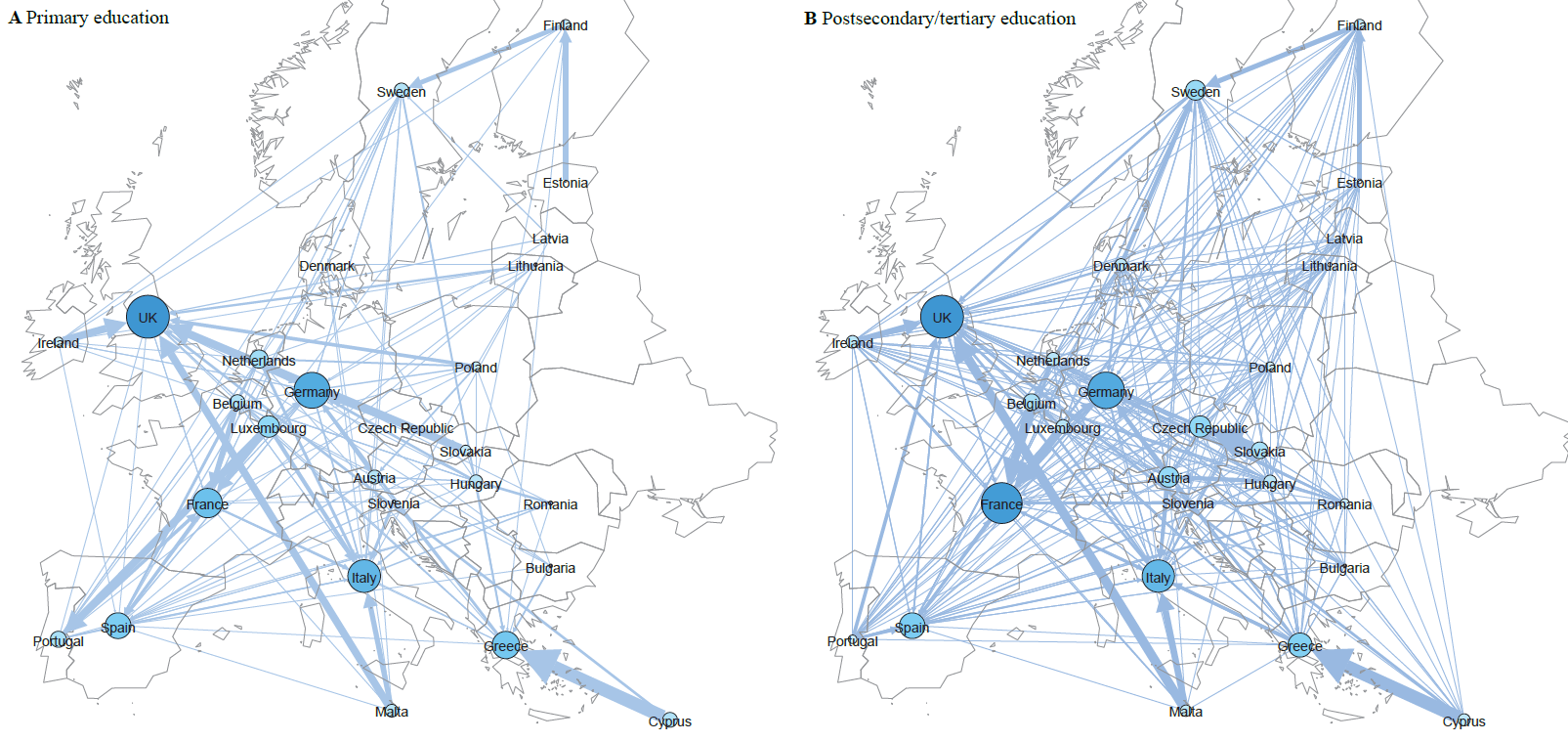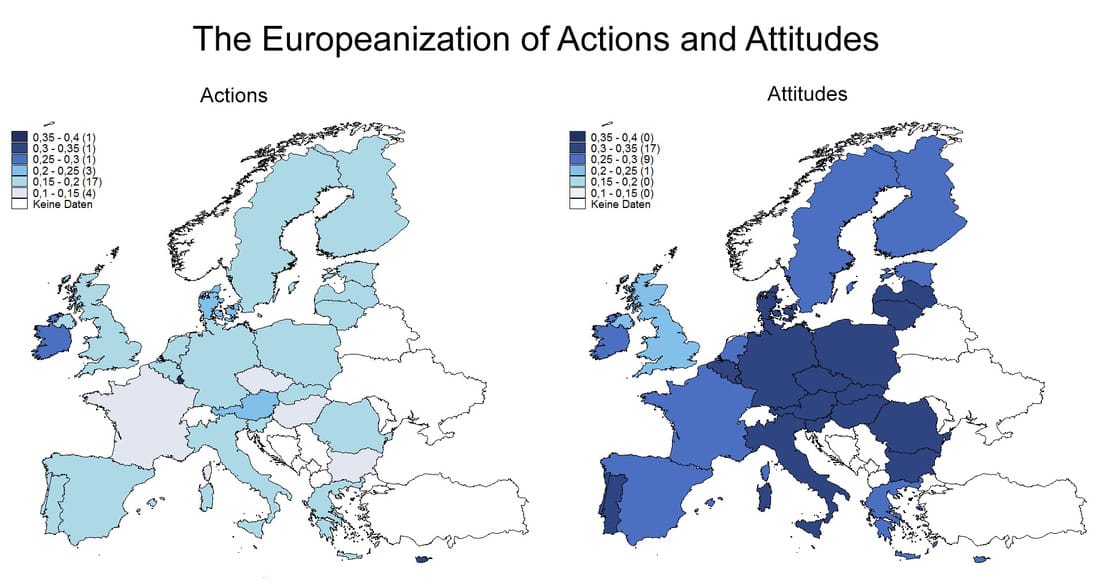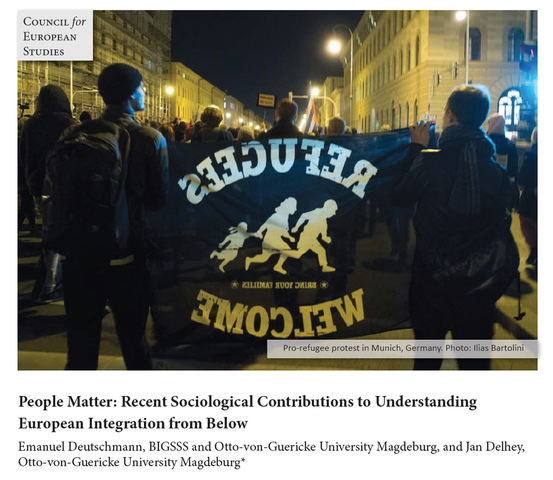
 A new article, titled "Transnational Social Practices: A Quantitative Perspective", co-authored with Céline Teney, was just published in Emerging Trends in the Social and Behavioral Sciences. Transnational social practices (TSP) can be defined as sustained linkages and ongoing exchanges between individuals across national borders. Over the last decades, TSP have not only become more common, but they have also developed into an increasingly salient subject of quantitative sociological research. After highlighting seminal foundational research, we introduce a set of salient topics in this emerging strand of research, including the social stratification of TSP, the link between TSP and cosmopolitan attitudes, and the issue of classifying TSP into meaningful subdimensions. We conclude with a discussion of several avenues for future research, including the relation between TSP and the increasing societal polarization between “locals” and “globals,” the need to go beyond the field's current Eurocentrism to study TSP comparatively in all parts of the world, and the prospects of methodological and technical advances in research on TSP, including network‐analytic approaches and geo‐tagged digital‐trace data. A free pre-print version can downloaded here.
The paper "The Power of Contact: Europe as a Network of Transnational Attachment", coauthored with Jan Delhey, Monika Verbalyte, and Auke Aplowski, has just been published online first at the European Journal of Political Research. A free pre-print version is available here. In this article, we propose transnational attachment as a novel indicator of sense of community in Europe, arguing that this hitherto neglected dimension is substantially and structurally different from alternative ones such as cross-border trust and identification. Combining Eurobarometer 73.3 data on ties between all EU-27 countries with further dyadic data, we show empirically that the European network of transnational attachment has an asymmetric core-periphery structure centered around five extremely popular countries (the UK, France, Germany, Italy, and Spain). In line with transactionalist theory, cross-border mobility and communication are strongly related to transnational attachment. Furthermore, we demonstrate that the network of transnational attachment is much denser among those with a higher than among those with a lower level of education. Our results suggest that offering European citizens incentives to travel to peripheral countries may help counterbalance the current asymmetric structure of transnational attachment, thereby increasing Europe’s social cohesion.
"On the Europeanization of Actions and Attitudes: A Macrosociological Comparison of the EU Member States", a paper co-authored with Jan Delhey, has been published (in German) at Berliner Journal für Soziologie in a special issue on Horizontal Europeanization edited by Christian Lahusen and Susanne Pernicka.
A new article titled "People Matter: Recent Sociological Contributions to Understanding European Integration from Below", co-authored with Jan Delhey, has just appeared in the Council of European Studies' journal Perspectives on Europe. The Article summarizes some of our findings from the first funding phase of the Horizontal Europeanization project (2012-15), as well as some insights from my PhD project Mapping the Transnational World. It is available online for free.
On Friday July 10th 2015, I will give a talk at the GESIS Eurobarometer Symposium Four Decades of Surveying Europe – Perspectives on Academic Research with the European Commission’s Eurobarometer Surveys about our experiences in doing research on transnational activity and European identity with Eurobarometer survey data in the DFG Project Cross-border Interactions and Transnational Identities (PI: Prof. Jan Delhey).
Please see this announcement for details and this Call for Posters if you are interested in presenting your own work at the symposium. |
Categories
All
Archives
November 2023
|



 RSS Feed
RSS Feed